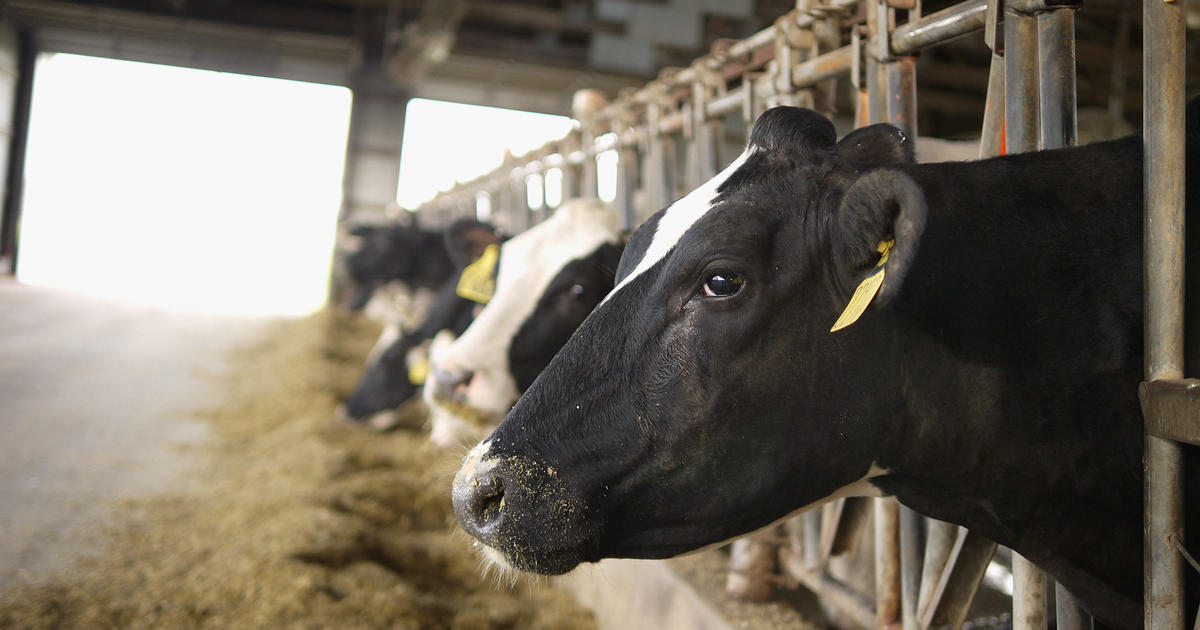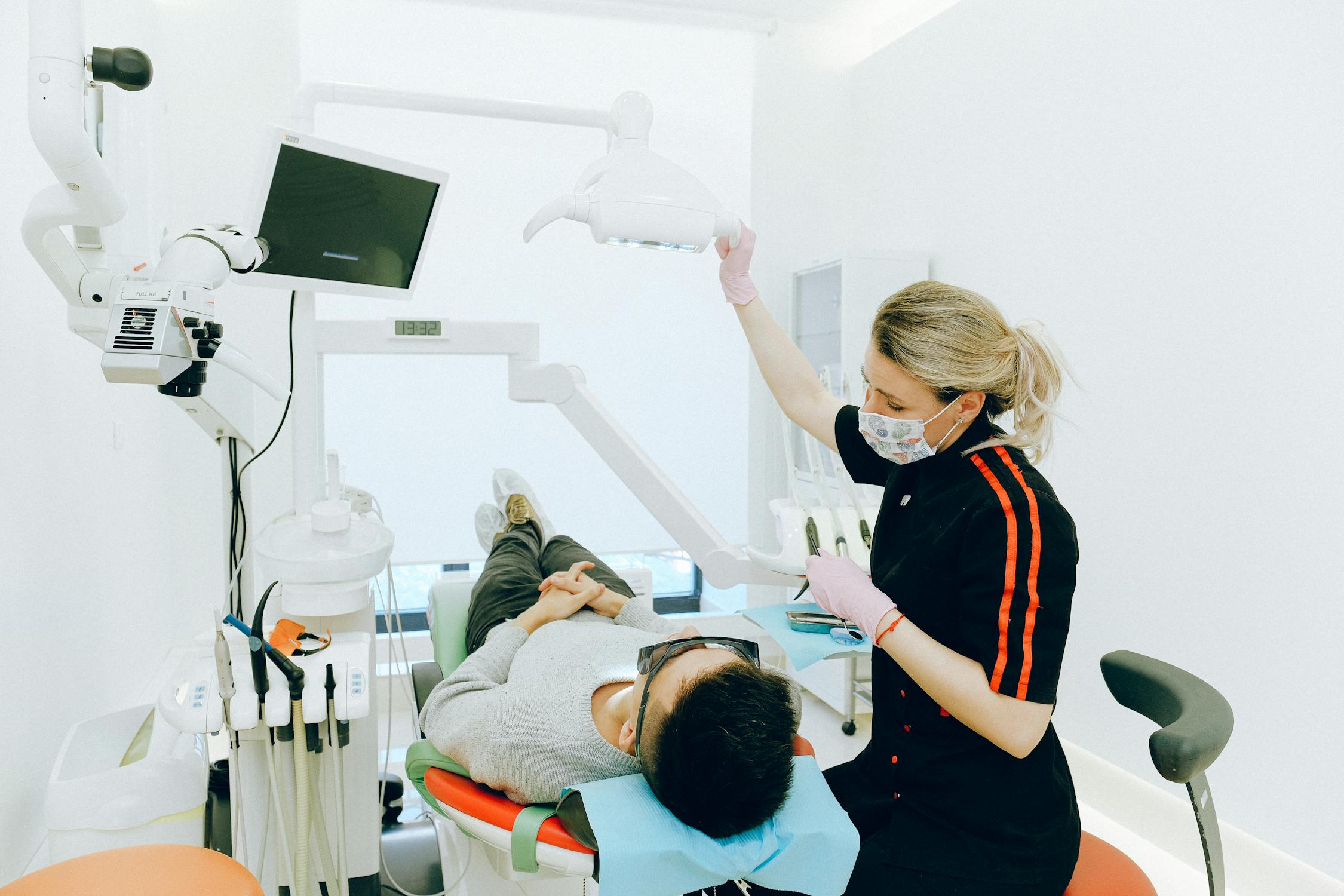HEALTH CARE Omri Shafran, CEO of Texas Medical Technology, Shares With Us His Entrepreneurial Journey That Sparked During the Pandemic
We talked to Omri Shafran, CEO of Texas Medical Technology, experts in the sale and distribution of medical equipment and here is what he said about it.

First of all, how are you and your family doing in these COVID-19 times?
Omri Shafran: It’s going great, all things considered. Just like everyone, we’ve had to adjust to a new sense of normal, but the ever-present challenges have kept me on my toes, and in a way, I’ve learned to be comfortable with the uncomfortable. The last year and a half has not only been an intense roller coaster but it’s also acted as a character-builder for me and other budding entrepreneurs who have persisted through a range of obstacles in order to come out the other side relatively unscathed. Normality is now more bereft of routine—it’s more about expecting the unexpected and responding in the most effective way possible. In a way, it galvanized me.
Tell us about you, your career, how you founded Texas Medical Technology.
Omri Shafran: Over the years, I became involved in advisory positions within small companies, offering advice on business development while maintaining a quiet life with my family in Texas. But I guess my calling didn’t truly come until 2020 when the world found itself turned upside down. Before that, I initially dabbled in the construction industry, founding a company called “Bluebay Construction LLC.” For years, I worked to develop and improve the operations of both entities. Once the onset of COVID-19 became more apparent, I recognized a clear lack of protective products available. With just $1,000 and a drive, I made my way down to Mexico to seek out manufacturing opportunities to start creating a stream of supplies while also exploring the potential capacity of technology to help businesses reopen. Starting small, I began manufacturing supplies, sending them north of the border to Texas. Texas Medical Technology was born.
How does Texas Medical Technology innovate?
Omri Shafran: Much of Texas Medical, as you see it today, was born out of the pandemic itself. We immediately identified a niche market in PPE disposable medical gowns, which had, to that point, severe shortages at healthcare facilities struggling to cope with COVID-19. Instead of numerous products, we focused all our energy on producing one item the best that we could—the disposable medical gowns. Now, we have branched out into other protective products, including smart new solutions for businesses to operate safely, such as our SafeVend machine providing protective surgical kits, masks, and sanitizers in a coordinated manner. We also developed SaniDrone, a drone that safely maneuvers operational challenges in the construction process of large structures, including sports stadiums.
In February, we launched our smart iNitrile device for putting on sterile gloves easily, safely, and automatically. The machine utilizes an automated process to help organizations streamline tedious daily tasks, minimize waste, and improve cost-efficiency. COVID-19 has evidently molded our focus, and that has enabled us to reorganize and determine which products would prove most valuable to the market.
We’ve leveraged our technologies in streamlining the process of production, particularly after opening our new factory in Houston. Having complete oversight over the manufacturing of the product has enabled us to ensure the quality of our products remains consistent.
How does the coronavirus pandemic affect your business finances?
Omri Shafran: Since Texas Medical Technology has been catalyzed by the pandemic, our financial situation has actually improved since the beginning of 2020. By the end of September 2020, six months after the company opened for business, our sales soared to over $50 million. We also recently secured $33 million to further develop the automatic glove dispenser process for iNitrile, a leading medtech provider and a subsidiary of Texas Medical Technology, which invented and developed automated disposable glove dispensers to combat infections in organizations.
Did you have to make difficult choices regarding human resources, and what are the lessons learned?
Omri Shafran: This is actually a common pain point for businesses that we’ve thankfully managed to avoid because our expansion has meant we’ve taken on many employees in the last year. As demand began to catapult, we needed to move production out of Mexico in order to better supply the market. After recognizing that we could produce personal protection equipment locally in the U.S., we opened a 144,000-square-foot gown factory in Texas, which now employs 550 workers.
How did your customer relationship management evolve? Do you use any specific tools to be efficient?
Omri Shafran: The pandemic has given us a chance to stop for a moment and take stock of what’s important. Therefore, we’ve taken a proactive approach in hiring demographics who we feel deserve an opportunity to improve their lives. That’s why the company has actively hired many employees, such as refugees from around the world who have overcome adversity and deserve a real chance at life. The company is also developing a way to pay back those who have valiantly served the country by actively hiring veterans who may have struggled to find work in the past. The last few years have served as a stark reminder that we need to be there for each other; that’s why we’re trying to incorporate a more philanthropic approach.
Did you benefit from any government grants, and did that help keep your business afloat?
Omri Shafran: Not only have we needed little from the authorities, but we’re actively taking on and hiring refugees and veterans, which I believe is paying back the country that has provided so much for us. We have drummed up and secured the bulk of the company’s funding ourselves. Considering the company started with $1,000 and me driving down to Mexico, it’s quite hard to imagine that we got to where we are without significant financial backing. Though recently, we have been evolving the business, and with new faces entering the fray, the company recently received $33 million in funding to further develop its iNitrile automated PPE glove solutions technology.





